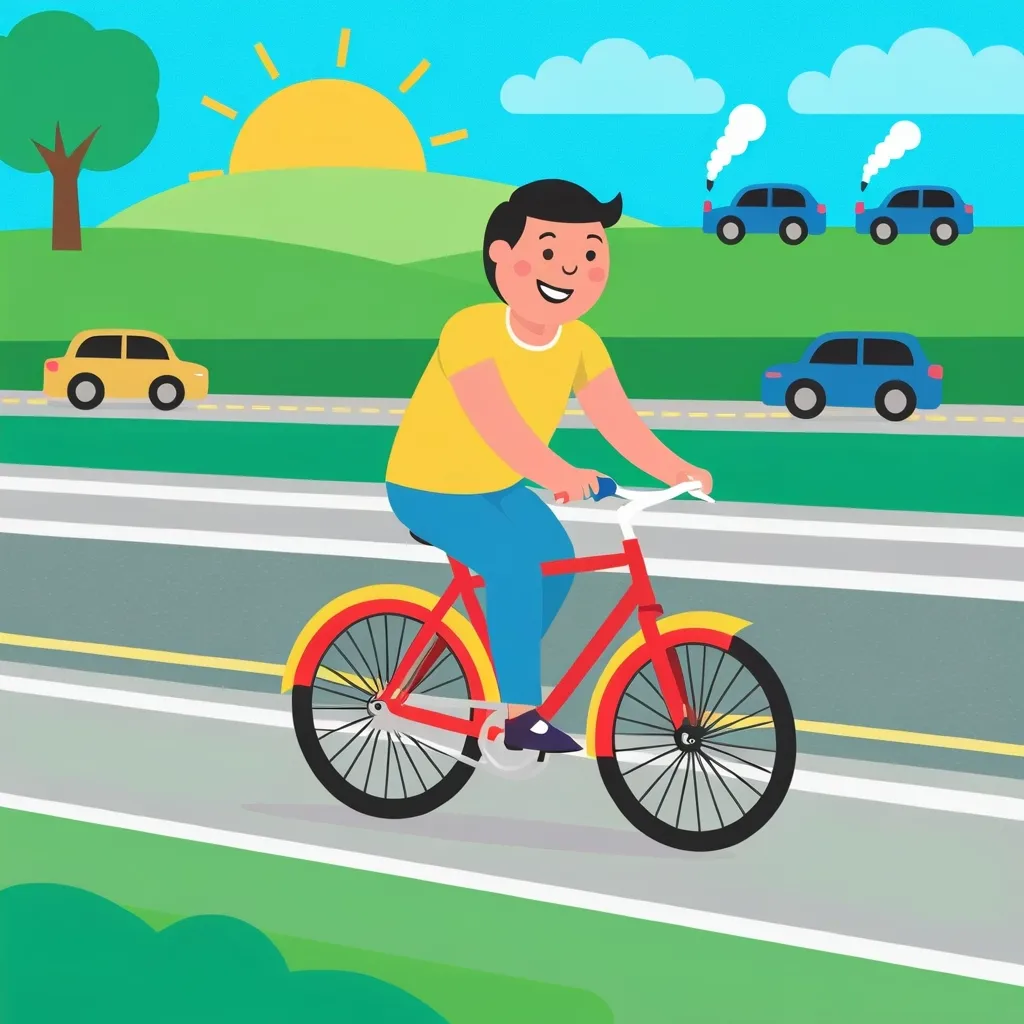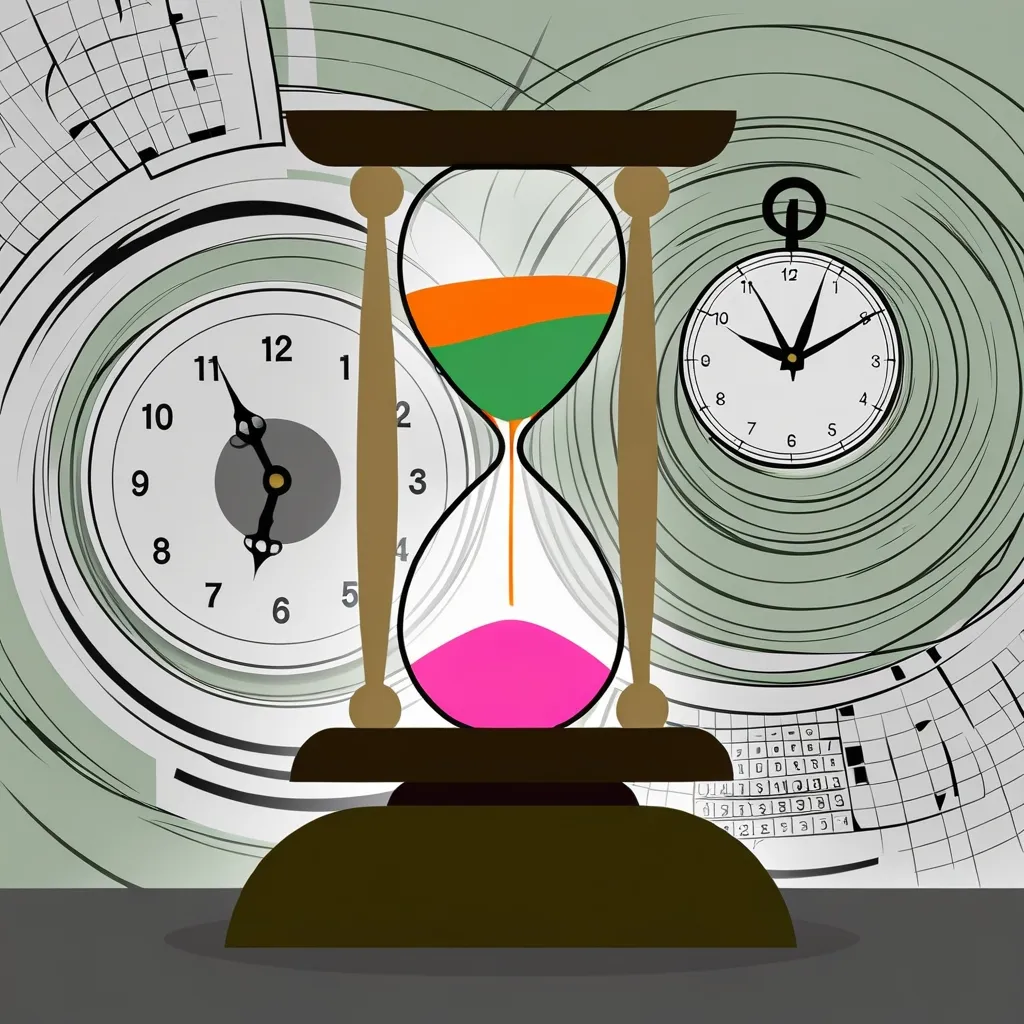Rediscovering Life at a Slower Pace
In today’s world, everyone’s always in a hurry, constantly running against the clock. The idea of slow living comes as a breath of fresh air, offering a relaxed, mindful, and more deliberate way of life. It’s not just some fleeting trend—slow living is about hitting the brakes, reflecting, and reconnecting with what truly matters.
The Roots of Slow Living
Believe it or not, the slow living concept sprouted in the 1980s with the International Slow Food Movement, thanks to Carlo Petrini. It started with traditional cooking using local produce, promoting sustainability and mindfulness. From its humble gastronomic beginnings, slow living has evolved into a lifestyle philosophy that touches mental health, cooking, consumption, and environmental care.
Perks of Embracing Slow Living
One huge benefit of this lifestyle is its impact on mental health. Slowing down reduces stress and anxiety, which are all too common these days. Mindfulness is a core part of this philosophy, and it has been proven to lower stress levels and boost overall well-being. Just a few minutes of meditation or mindfulness practice each day can significantly improve how you feel.
Slow living also helps you be more present. Enjoy your meals bite by bite, relishing the flavors. Spend quality time with loved ones without distractions. Even something as simple as eating mindfully can lead to healthier habits and better digestion.
How to Start Living Slowly
Wondering how to adopt a slow living lifestyle? It’s easier than you think.
First, simplify your surroundings. Declutter your space and get rid of things you no longer need. Downsizing your possessions makes room for what truly matters and cuts down on the stress that clutter brings.
Next, be mindful of your time. Notice where you’re overstretched and think about how you really want to spend your time. Making conscious decisions about your schedule can help you prioritize activities that align with your values and bring joy.
Reduce consumption. Make more thoughtful choices about what and how much you consume, especially screen time. Staring at your phone or the TV too much can spike stress levels. Create space for more fulfilling activities.
Connect with nature. Walking in a quiet neighborhood, hiking, or visiting a park can slow you down and help you appreciate the world around you. Plus, being outdoors is good for your heart, boosts immunity, and lowers the risk of chronic diseases.
Engage in creative pursuits. Painting, drawing, or playing an instrument can immerse you in the present moment, providing relaxation and a creative outlet.
Strengthening Relationships
Slow living is about more than just personal well-being—it’s also about building stronger relationships. Less stress and more reclaimed time mean you can have more meaningful interactions with those you care about. Spend time on shared activities, engage in deep conversations, and just be present with your loved ones.
Positive Environmental Impact
Living slowly and intentionally benefits not only you but also the environment. Slowing down makes you more aware of the negative impacts a fast-paced lifestyle can have on the planet. This awareness can spur you to make more sustainable choices, like reducing waste and supporting local communities.
Finding Fulfillment and Purpose
At its heart, slow living is about finding fulfillment and purpose. It means lining up your values with your lifestyle and making time for what really matters. This leads to a better work-life balance and a purpose-driven life. By concentrating on what brings joy and fulfillment, you can steer clear of the constant craving for more stuff.
Smart Use of Technology
Slow living doesn’t mean shunning technology. It’s about making sure tech serves you and doesn’t become a distraction. Set boundaries around screen time—maybe turn off your phone during meals or before bed and take breaks from social media.
Starting Small
You don’t need a lot of free time to start living slowly. Even small changes can make a big difference. For instance, take a few minutes each day to reflect on your priorities or savor your meals. Small shifts can offer temporary relief and relaxation. Slow living is all about a mindset shift that takes time and evolves as your priorities change.
Clearing Up Misconceptions
Some folks think slow living is only for those in rural areas or that it clashes with success and productivity. But in reality, slow living is a mindset you can adopt anywhere, be it a bustling city or a tranquil countryside. It’s about achieving your idea of success and prioritizing what’s most important to you.
Living Intentionally
Living intentionally means making conscious decisions about how you spend your time and energy. It’s about creating room for things that bring joy, fulfillment, and connection. By simplifying your life and cutting out distractions, you can build a sense of balance and purpose.
Slow living is essentially about embracing a more meaningful and conscious lifestyle. It’s about taking control of your life rather than letting each day slip by. By adopting slow living, you find joy, comfort, calmness, and connection in life’s simple pleasures, leading to a more balanced and fulfilling life. So, take a deep breath, step back, and embark on your journey towards a slower, more intentional way of living.






